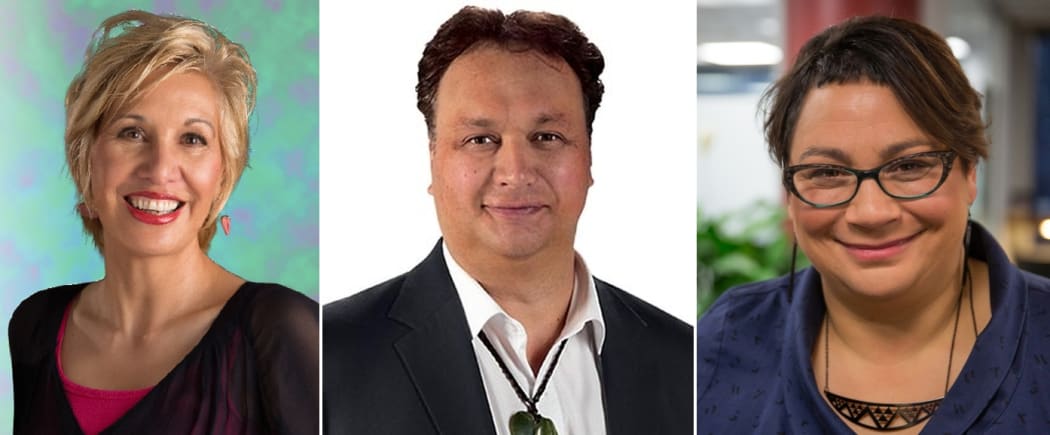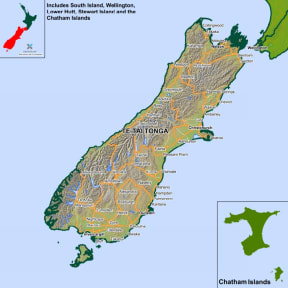Who owns the water - Māori, no-one or everyone?
Candidates for the Māori seat of Te Tai Tonga debate the response to the earthquakes, who owns the water, the shape of education, and other social issues.

Mei Reedy-Taare (Māori Party), Rino Tirikatene (Labour Party), Metiria Turei (Green Party) Photo: RNZ
According to Greens candidate Metiria Turei, because Māori have both proprietary and customary rights with water, there can be no progress on the issues associated with its management until iwi and hapu can make decisions.
She considers that the current government processes have failed to involve those who have an environmental commitment to protecting our water, adding “Māori iwi and hapu have the first say over what happens.”
The Green Party advocates a charge on bottled water.
Initially, 50% of the proceeds would go to regional councils for environmental work, and 50% would go to iwi, “because it’s their water.”

Lake Tekapo Photo: Flickr / Bernard Spragg
Māori Party candidate Mei Reedy-Taare agrees that Māori own water.
“Because of our proprietary rights, what we want is a Royal Commission of Inquiry so that we can have a kōrero about this ownership. Never mind the business about bottling water and royalties and taxes. That will come after we have established who owns the water.”
By contrast, Labour’s leader Jacinda Ardern says that everyone owns the water. Isn’t it, therefore, the logical conclusion that Māori don’t?

Te Tai Tonga electorate includes Wellington, the South Island and the Chatham Islands Photo: House of Representatives
Rino Tirikatene, current Te Tai Tonga MP and Labour candidate, doesn’t address that question directly, responding instead that Māori have legitimate interests in water rights guaranteed under the Treaty.
“That is without dispute,” he says. “What we need to do though is work with iwi to ensure that we can get proper definition around those rights.”
Is Labour looking at a 50% allocation to iwi, as the Greens advocate?
Tirikatene replies to that question by focusing on water pollution. “We need to clean up our waterways and that’s why we’re proposing that the major users of free water who profit from it will pay a royalty to help with the clean-up.
That money will be going locally to the regional councils and to iwi. And also the work will continue between a Labour government and Māori iwi. We’re not there to undermine Treaty rights. We want to give expression to those rights.”

Chaired by Julian Wilcox, this programme recorded in Christchurch was produced by Te Whakaruruhau o Ngā Reo Irirangi Māori and supported by Te Māngai Paho and the Māori Media Network.

